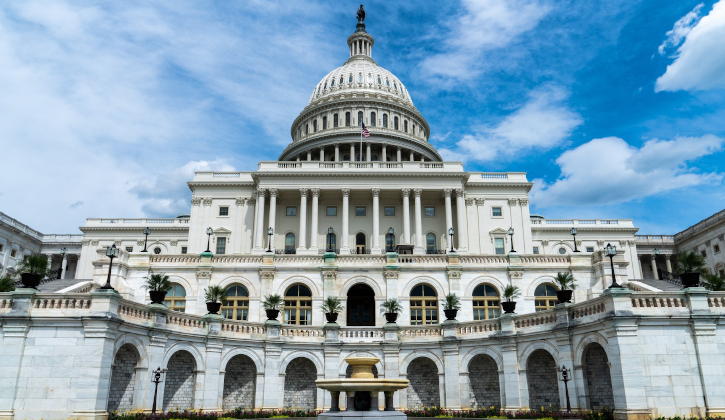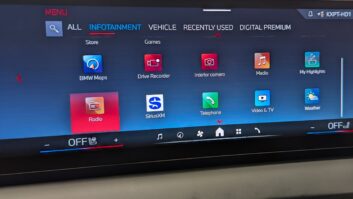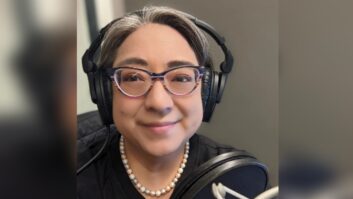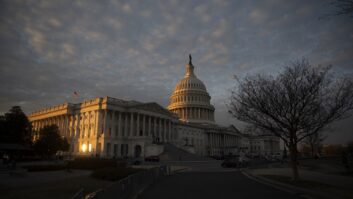The author is executive director of the National Federation of Community Broadcasters. NFCB commentaries are featured regularly at www.radioworld.com.
As you likely saw on a screen near you, a flurry of activity has been the calling card of Joe Biden and Kamala Harris. Appointments and executive orders were only the beginning. However, one cannot stress enough how radio must be a focus. Not only can radio be a player in the many initiatives the new administration is set to launch, but it also needs the president and vice president’s attention.
[Read: Community Broadcaster: Off-Air]
Our relationship with audiences as Biden takes office that may prove to be most crucial to our place in Americans’ lives. As political divisiveness hits levels rarely seen in the nation, what can the new administration do to engage radio? A few things, really.
Ensure greater investment in rural, locally staffed, educational media. The Corporation for Public Broadcasting is not likely to be on the chopping block like it was when former President Trump tried unsuccessfully several times to gut it. And though CPB does a great job, the new administration is seeing the decline of local news and culture sources that all Americans are witnessing. Biden’s team must put attention on how real radio in communities — radio that is not voicetracked from elsewhere and able to respond to rural needs and emergencies, radio whose service is rooted in education — survives amid the pandemic.
Help streamline filings. FCC Chairman Ajit Pai, at points criticized for his deregulatory zeal, resigned Jan. 20, making way for Jessica Rosenworcel, to be named acting chair. It’s probable that Pai’s legacy of simplifying the multitude of filings we do will continue after his departure. While it is important not to decimate rules that protect the public and its interest in an inclusive broadcast space, the new administration can certainly support smoothing out the processes that can be onerous, especially for rural community broadcasters.

Put vaccine education dollars into radio. The new administration would be wise to learn on radio for efforts around coronavirus as well as vaccine education. Pres. Biden has made COVID-19 response a cornerstone of his first 100 days. Such a drive will require a massive education campaign placing radio at the center. Even as more polls find little trust in media, radio’s bond remains steady. Pew Research and other pollsters say Americans remain skeptical of the vaccine, and they’ll need to be persuaded through expert interviews and information radio stations can effectively deliver.
Ask radio to educate about extremism. With white supremacy a potent topic on the American agenda, the new administration may consider how radio can help Americans understand and address issues locally. We in media can also reflect on how we can better contribute to cohesion instead of handing the microphone to the worst among us. A new study slams TV news for amplifying the voices of hyperpartisans to shore up ratings, but not because they widely represent Republicans or Democrats. Give credit to executives at Cumulus Media, who warned its hosts to stop spreading conspiracy theories that have buoyed the latest tensions. However, the more the new president can do with radio in the form of public education, the better off the country will be.
The Biden administration should look at radio’s position of trust in communities. The new president’s vision can be strengthened by prioritizing our content service for this new chapter of U.S. history.







